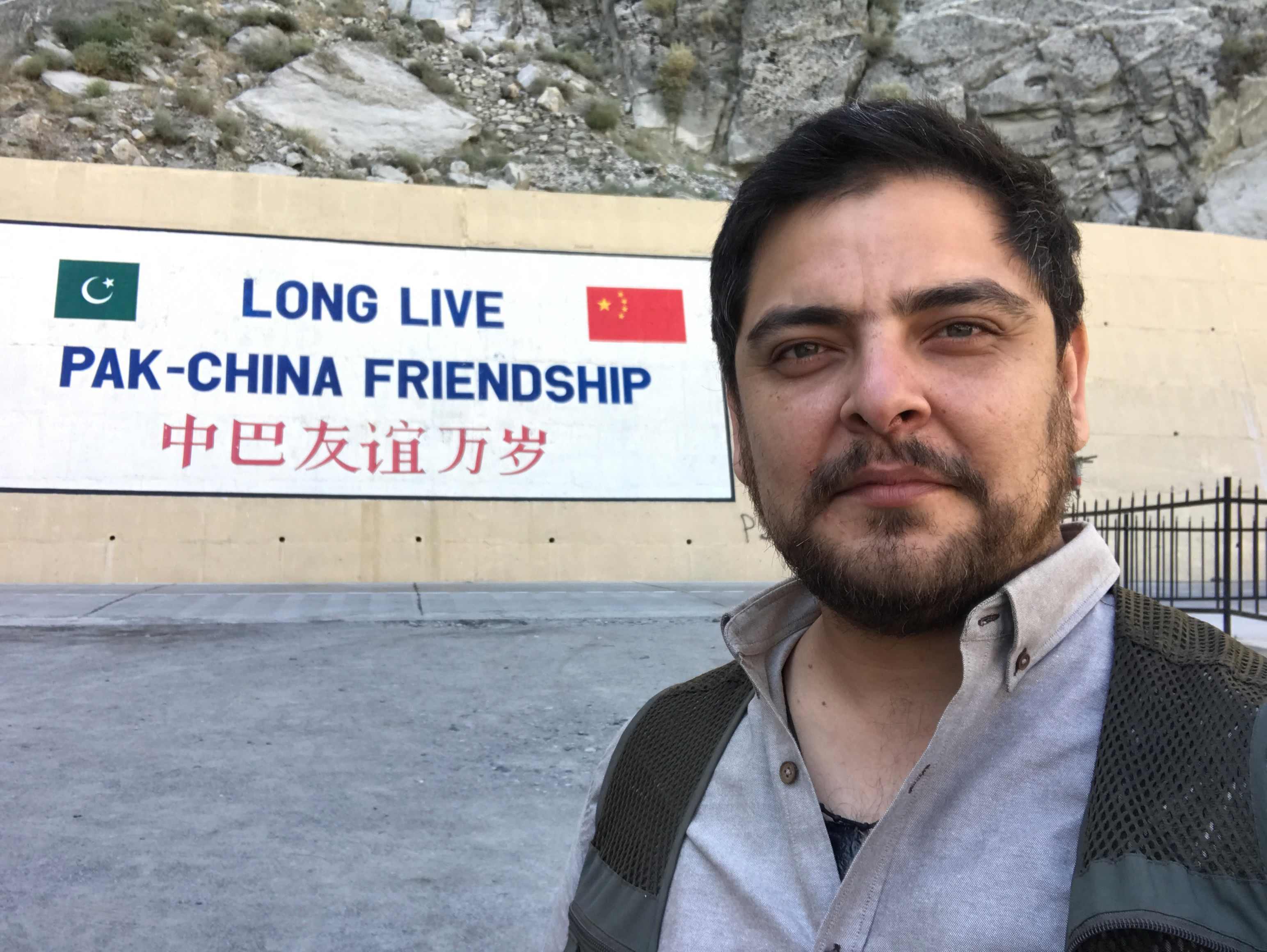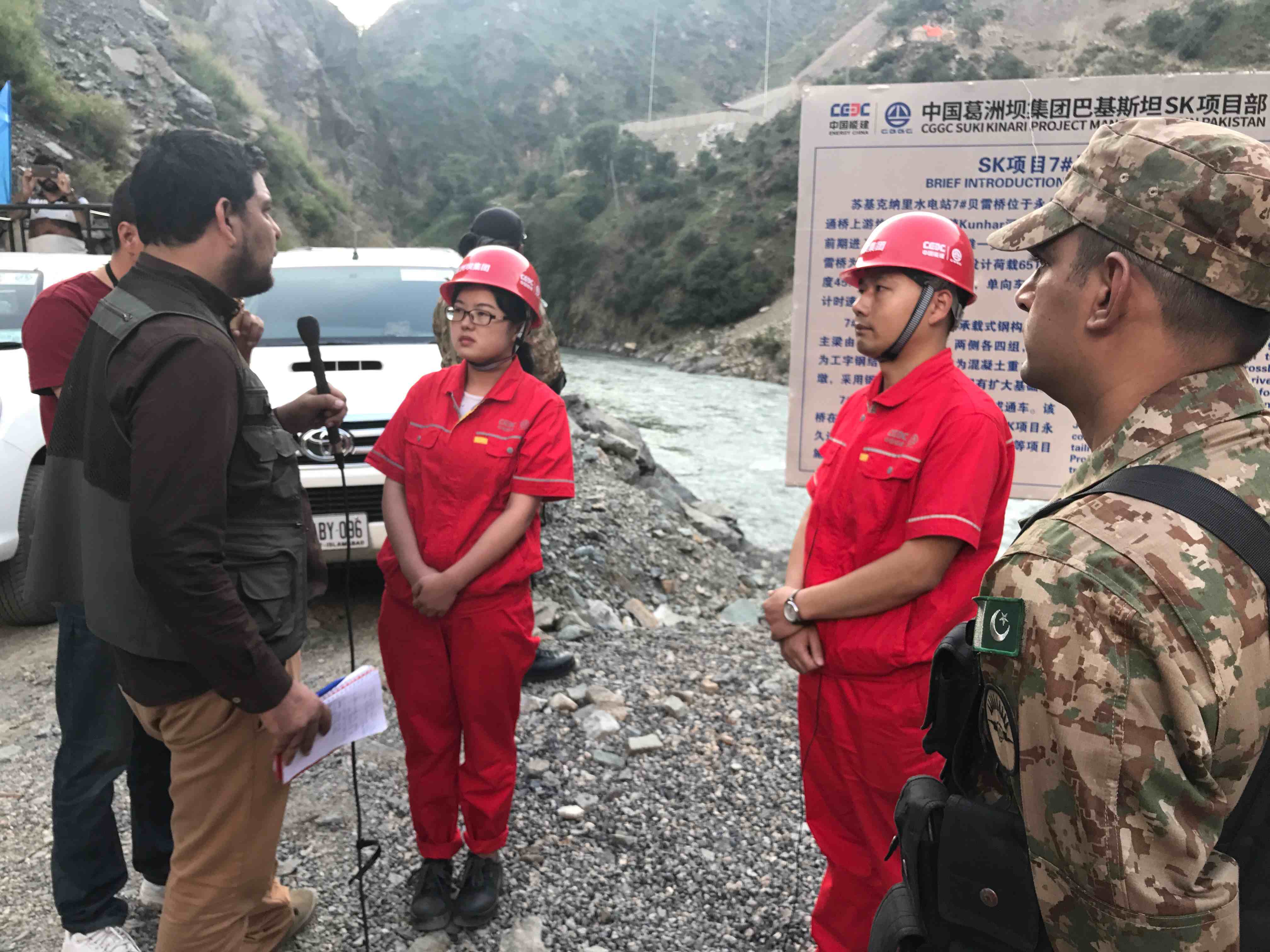
Politics
16:22, 14-Oct-2017
The Big Picture: Pakistan sees benefits in trade, stability with China
By Danial Khan

According to CGTN's Danial Khan, CGTN reporter, since the 9/11 attacks on the US in 2001, Pakistan came into the limelight, for all the wrong reasons. First, by becoming an ally of the US in its war against terror and then allegedly becoming a safe haven to some of the most notorious terror outfits in the world, including Al Qaeda, The Taliban and The Haqqani Network.
Sixteen years and 62,000 casualties later, observers say, it was the wrong move, and Pakistan should have stayed away from a war which was never its own.
The US began its drone war in Pakistan in 2004, and a reaction was inevitable.
Pak-US relations hit their record low, as the Taliban turned their guns against Pakistan, for partnering with the US.
In the later years, the Pakistani army began a number of operations across the country. Initially, there was a deadly backlash, bomb blasts were reported almost every single day, but with time passed, the situation came under control.

CGTN reporter is standing in front of a sign in Pakistan reading "Long live Pak-China friendship." /CGTN Photo
CGTN reporter is standing in front of a sign in Pakistan reading "Long live Pak-China friendship." /CGTN Photo
In 2012, when the multi-billion dollar China Pakistan Economic Corridor (CPEC) project was announced, there was a threat that the project may be sabotaged to prevent that from happening. The government and the Pakistan military devised a plan and raised a special security division. A force dedicated to protecting the Chinese personnel and the CPEC, all throughout the length and breadth of the country. Reportedly, at least 300 Chinese companies working in Pakistan and trade activity has slowly begun at the Khunjrab Pass, at Pak-China Border, under the watchful eye of the special security force of the CPEC.

Project managers from China Energy Engineering Corporation are talking with CGTN regarding the SK project, one of Pakistan's largest private-sector power development project constructed as part of the China–Pakistan Economic Corridor (CPEC). /CGTN Photo
Project managers from China Energy Engineering Corporation are talking with CGTN regarding the SK project, one of Pakistan's largest private-sector power development project constructed as part of the China–Pakistan Economic Corridor (CPEC). /CGTN Photo
As a first measure, the border with Afghanistan is now being fenced, to prevent infiltration of terrorists.
Under the ongoing Operation Rad ul Fasad, the Pakistan army has vowed to strengthen the border further. The shared border with Afghanistan and Iran will be physically and technically monitored.
Another ongoing operation, code named Khyber 4, seeks to target terrorist hideouts in the most critical region of the Federally Administered Tribal Areas.
Slowly, the once dilapidated tourism industry of the northern areas of Pakistan is coming back to life.
With guaranteed security to the CPEC, Pakistan has raised the confidence of foreign investors and experts are hopeful that this will give Pakistan a much-needed economic boost in the years ahead.

SITEMAP
Copyright © 2018 CGTN. Beijing ICP prepared NO.16065310-3
Copyright © 2018 CGTN. Beijing ICP prepared NO.16065310-3